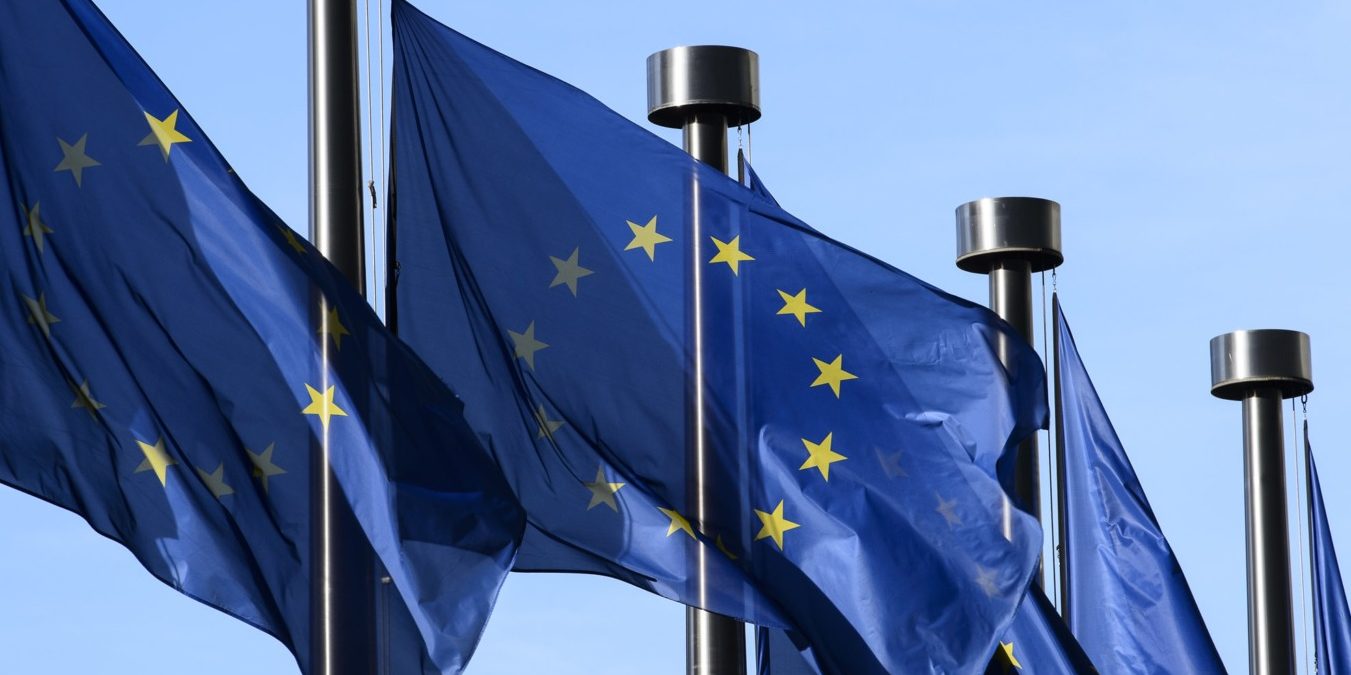No decision made on fees for EU students at UK universities
No final decision has been made on fees for EU students at UK universities after Brexit, the government has insisted amidst reports that fees are set to rise.
The While EU students currently pay the same as those in the UK, BuzzFeed News reported on 27 April that Education Secretary Damian Hinds is proposing to remove “home fee status” and financial support for EU students who start their courses in the 2021/22 academic year.
Responding to a question regarding this in the Commons from shadow education secretary Angela Raynor, Education Minister Chris Skidmore said that no decision has been taken yet.
Although he did not rule out fees rising, he said discussions were “ongoing and should remain confidential”, calling the leak to Buzzfeed “deeply regrettable”.
He added that the government wanted to ensure that “we, as a country and as a nation, are attractive internationally” to students, not just to those in the EU.
He asked: “Does (Ms Rayner) believe that somehow we should offer a student finance package to European students once we have left the EU? Is it right then that we discriminate against Indian students, Chinese students?”
Currently, tuition fees for international students vary between £10,000 and £38,000 per year for undergraduate courses.
Ms Rayner criticised proposals to increase fees for EU students. She told BuzzFeed News: “Time and time again Tory ministers have refused to recognise the vital contribution made by international students, particularly from the EU, in our universities.
“From targeting students in their migration target to leaving the future of Erasmus+ and Horizon 2020 in doubt, they are failing to support our world-leading universities.”
Undermining this system would not only disregard the invaluable contribution of international students, it would also deprive our younger generations of academic opportunities
– Guy Verhofstadt
Guy Verhofstadt, the EU’s Brexit coordinator, expressed his concerns regarding the move in a letter to Prime Minister Theresa May.
He wrote that “the unique and close nature of our current cooperation” in academics and research “has proven to be a major driver for academic excellence and the quality of our students’ education”.
“Undermining this system would not only disregard the invaluable contribution of international students, it would also deprive our younger generations of academic opportunities,” he said.
Liberal Democrat MP for Carshalton and Wallington Tom Brake raised concerns that the EU would likely reciprocate, meaning only the richest from the UK would be able to study abroad in the future.
Former Universities Minister Sam Gyimah was also critical, describing plans to charge EU students more following Brexit as “short-sighted”.
“There is no sense of what is strategic, what is in our interests, including in terms of promoting the English language,” he said.
Replying to whether she feared domestic students would be “priced out of studying at universities in other EU countries”, Ms May said: “I’m pretty certain, for the top 10, we are the only EU country that does have universities in that category. We have excellent universities here in the United Kingdom.”
MPs were told that students would be given “sufficient notice in due course” of the fee levels from autumn 2020.
Currently, 135,000 EU students are studying in the UK. Data collected from Russell Group universities found that in the 2018/19 academic year there was a 3% decrease in the number of EU students enrolling on courses, along with a 9% decrease in postgraduate research students.
Meanwhile, Scotland has announced that they will continue to provide free tuition to EU students until 2024.

Comments